TAHS Marching Band finishes 8th of 19 at ACC Championships
Everything you ever wanted to know about Band Competitions but were afraid to ask!
The Tyrone Area Marching Band performs at halftime.
The Tyrone Area Marching Band competed at the Atlantic Coast Championships at Central Dauphin School District near Harrisburg on Saturday, October 25.
The band finished eighth of nineteen in their group.
“We worked really hard to get where we are. We were satisfied with our performance this Saturday,” said Band President Carrie Vance, “I’m proud of the way the band came together. It really added to my senior year.”
The band’s final score was 86.075.
But what does that number mean? How exactly do band competitions work? How as they scored?
It is easy to see how people who aren’t directly associated with the band may get a little confused attending a band competition because the guidelines aren’t exactly spelled out.
For those who have always enjoyed the music and the routines, but are not sure of the scoring procedures at competition, here’s how it all works:
Band competitions are held every Saturday in the fall throughout every chapter of the Tournament of Bands (TOB) area. Most tournament bands compete in approximately five to eight competitions per season. This season the Tyrone Marching Band competed in seven tournaments.
These competitions are adjudicated by volunteers from the National Judges Association (NJA), and these judges are responsible for scoring their own individual ‘caption’: General Effect Music, Ensemble Music, Individual Music, General Effect Visual, Ensemble Visual, Individual Visual, Percussion, Auxiliary, and Drum Major.
Both of the General Effect captions judge how the music/visual that the band is trying to accomplish affects the quality and effectiveness of the described show. The Ensemble captions judge how the entire band works together to achieve greatness of the music/visual aspects of the show.
The Individual captions are focused on how each individual in the band contributes to the group. These judges are walking around the field as the band is playing, and looking at individual flaws and strengths.
The General Effect and Ensemble judges sit in a press box during the performance as to be able to see the show as a whole. Drum major judges judge the skill and effectiveness of the drum major, Percussion judges judge the skill and accomplishment of the percussion section, and Auxiliary judges judge the auxiliary groups like color guard, dance team, and majorettes.
Of these nine captions only the first six are factored into the band’s overall score. Percussion, Auxiliary, and Drum Major are also scored (out of 20), but they only affect whether the band gets a trophy for that particular caption.
The overall score is what is really important. This score is out of 100 and whoever has the highest score wins first place in their class and group.
There are three classes that a band can be put in based on the unit’s ability: Festival class, A class, and Open class.
Festival class is comprised of bands who may not have had a competing program before and may also lack the funds to attend many competitions. This class is an exhibition class, so they do not receive an actual score or placing.
According to the TOB Field Rules “This level will introduce bands to TOB – bands will compete, but at more of an exhibition level with awards based on a rating program without the announcement of a numeric score or place. Student education, development, and staff training will be emphasized throughout the season. This season concludes with the annual Chapter Championship, still following the rating system.”
The A class is for bands who are focused on the learning aspect of band, and may not be out to win it all. This is the class in which Tyrone currently competes.
These bands have an easier scoring system than the Open class bands, but still compete just as fiercely as those in Open. The TOB Field Rules state, “This level is for the less experienced bands – bands will compete throughout the season, with emphasis on education and development, but still follow the TOB scoring. Student education, development, and staff training will be emphasized throughout the season.”
Finally, the Open class band is kind of like a professional marching band. They have a very strong program and go out to compete against other bands of their caliber. The learning aspect is still there, but for the most part these bands know exactly what they are doing.
The TOB Field Rules say, “This level is what has been offered in the past – bands will compete throughout the season for TOB scoring and conclude their season with the annual Chapter Championship and qualification for the annual Atlantic Coast Championship.”
Bands are also separated by groups which is based off the size of the band.
There are groups one through four, and they are defined as follows: Group 1- up to 30 musicians with a maximum of 30 auxiliary members, Group 2- 31-50 musicians with a maximum of 50 auxiliary members, Group 3- 51-75 musicians with a maximum of 75 auxiliary members, Group 4- 76+ of both musicians and auxiliary members.
Aside from all the formal knowledge remember that if it looks or sounds cool to you, it will probably do the same for the judges and that in the end means a better score for the band.
With this information you should now know the basics of the way a TOB band competition works, so go out to a competition, and support your school’s band!

My name is Molly LaPorte and I am a senior. This is my first year writing for the Eagle Eye. I also participate in the high school marching band, Pops...

Hi! I'm Grace McKernan and I'm a senior this year at good old TAHS. I'm the photography editor for the Eagle Eye. Other activities I participate in include...



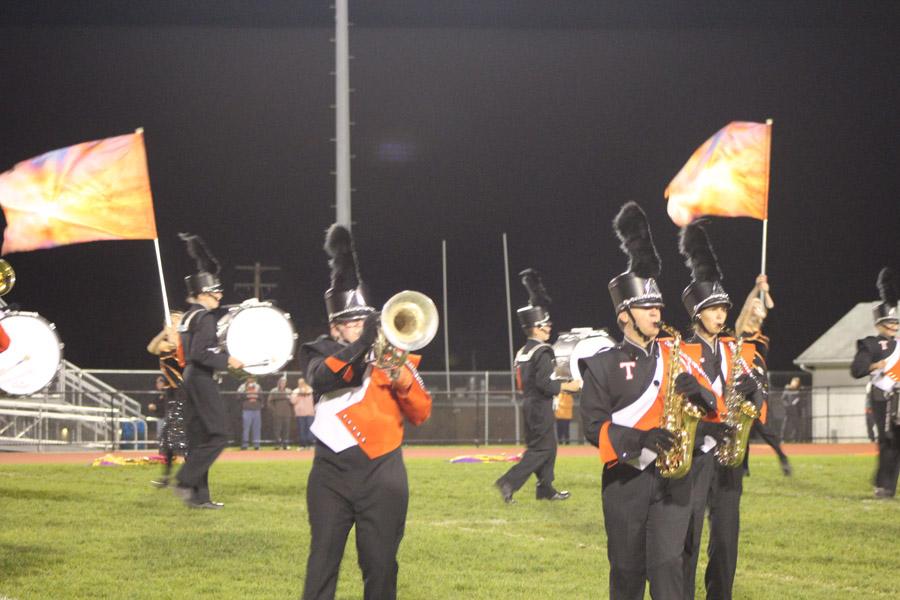
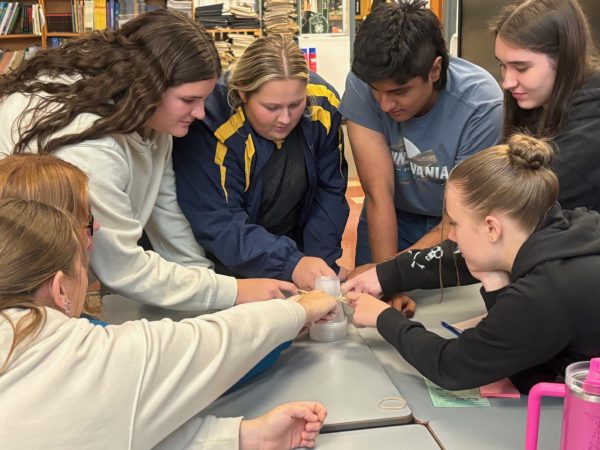
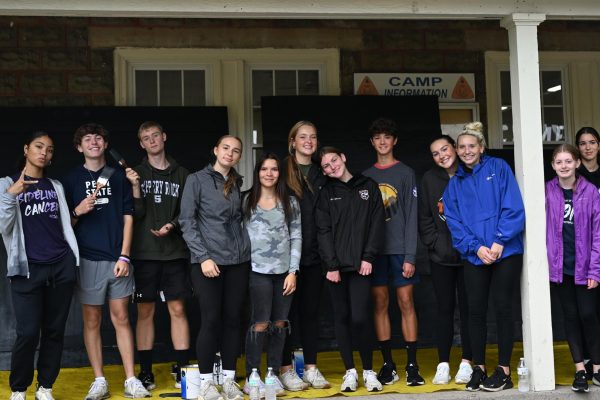

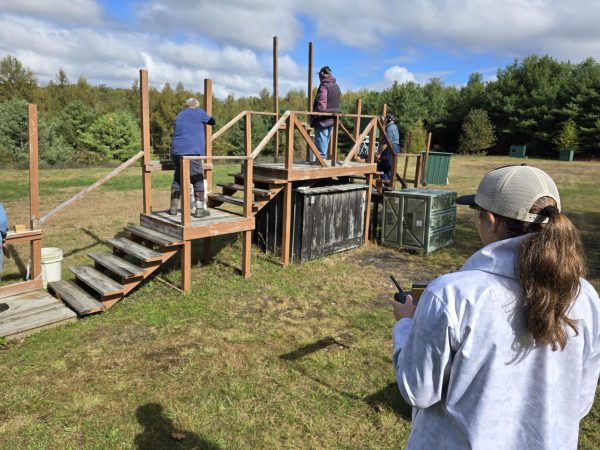
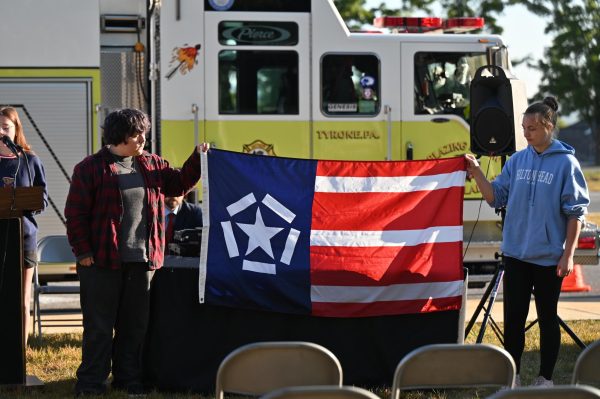
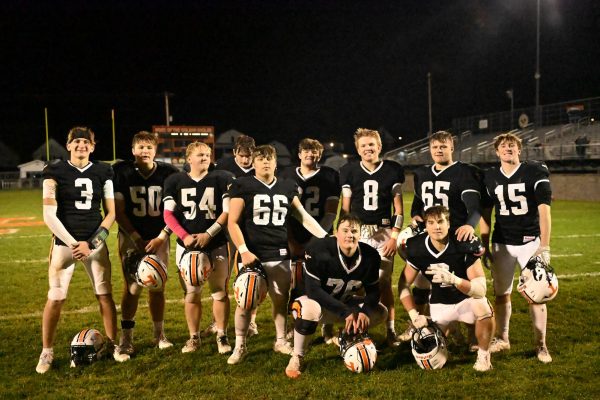


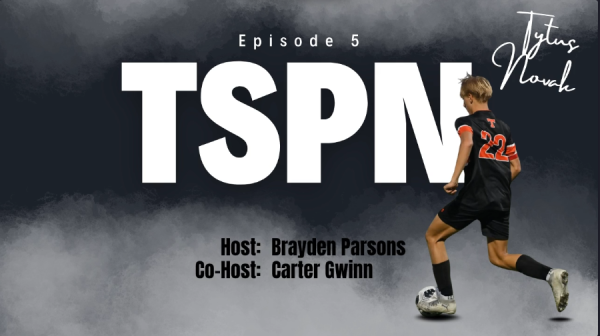
Derek Wilson • Oct 28, 2014 at 9:45 pm
I would like to say that worked are backsides off and Finishing 8th out of 19 bands. That is a big accomplishment. good job to everyone.